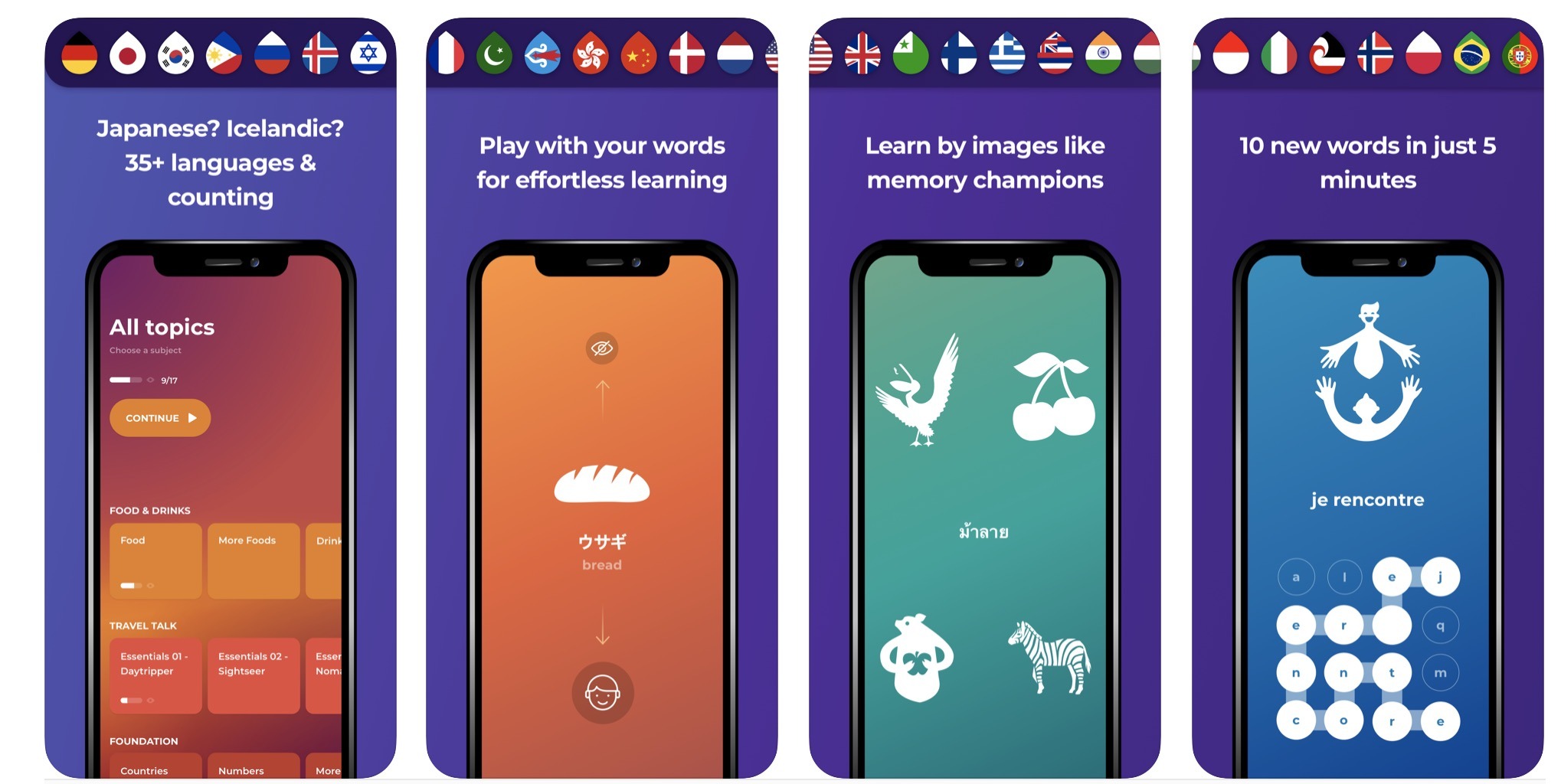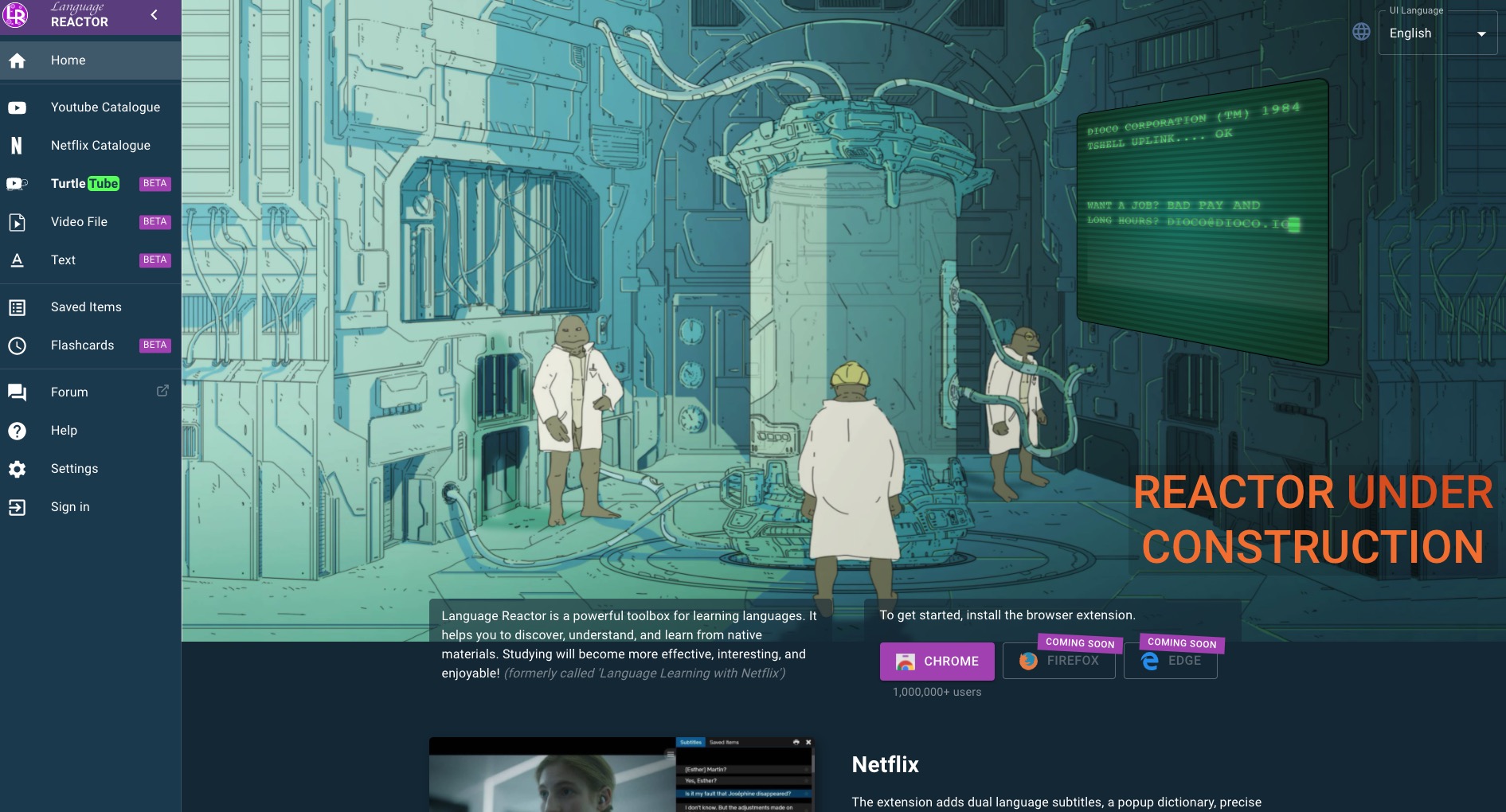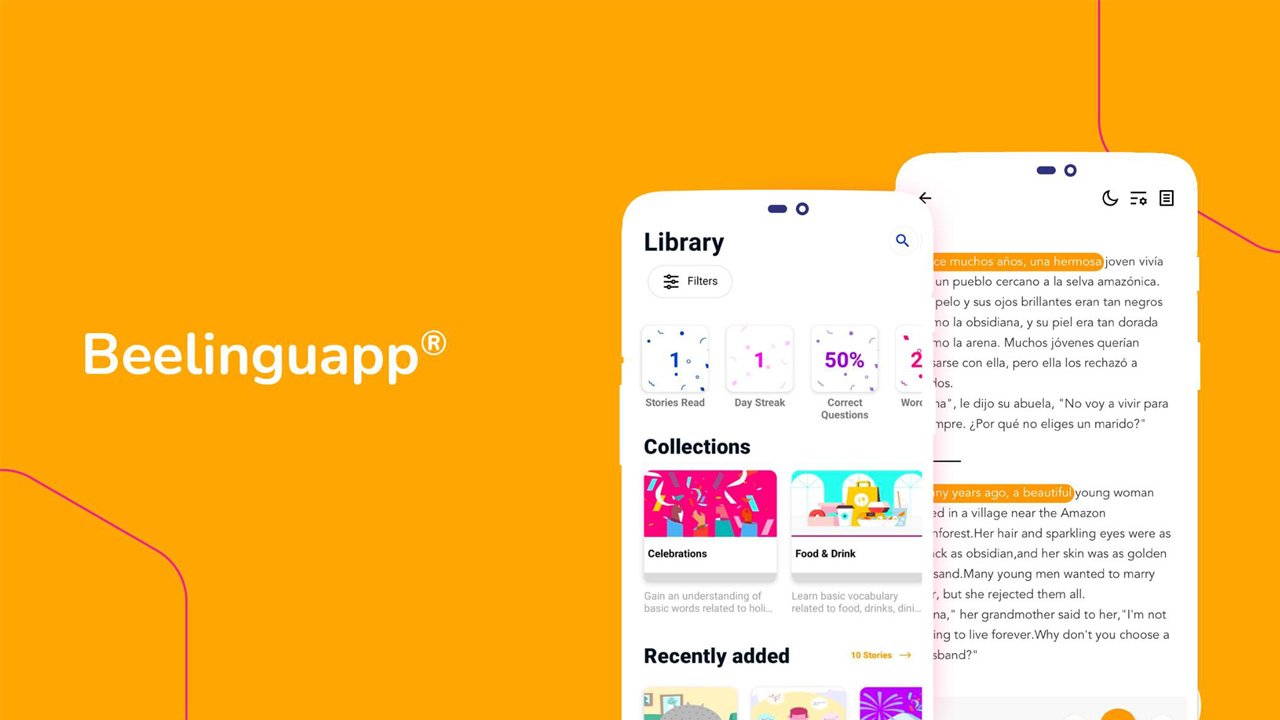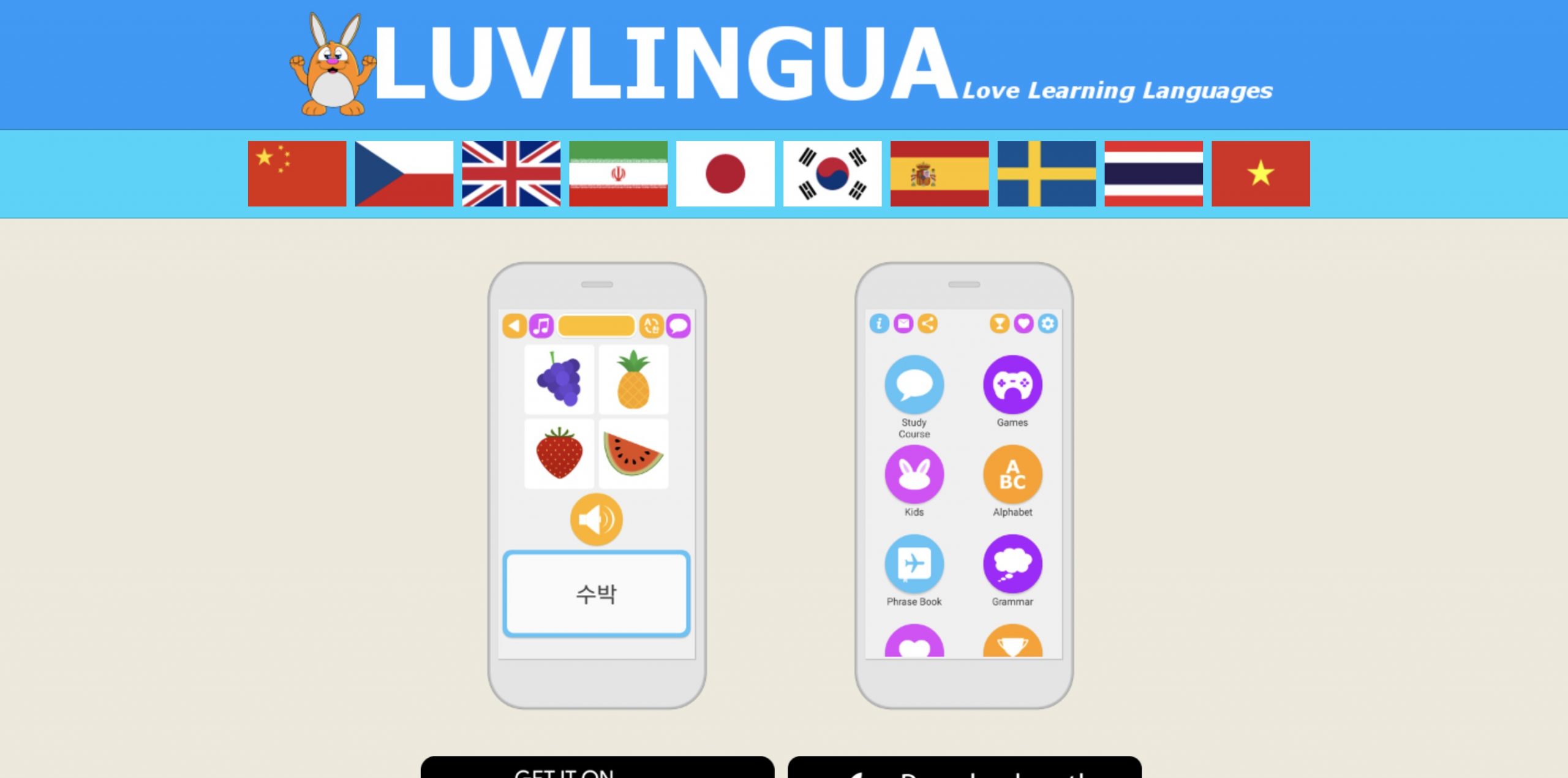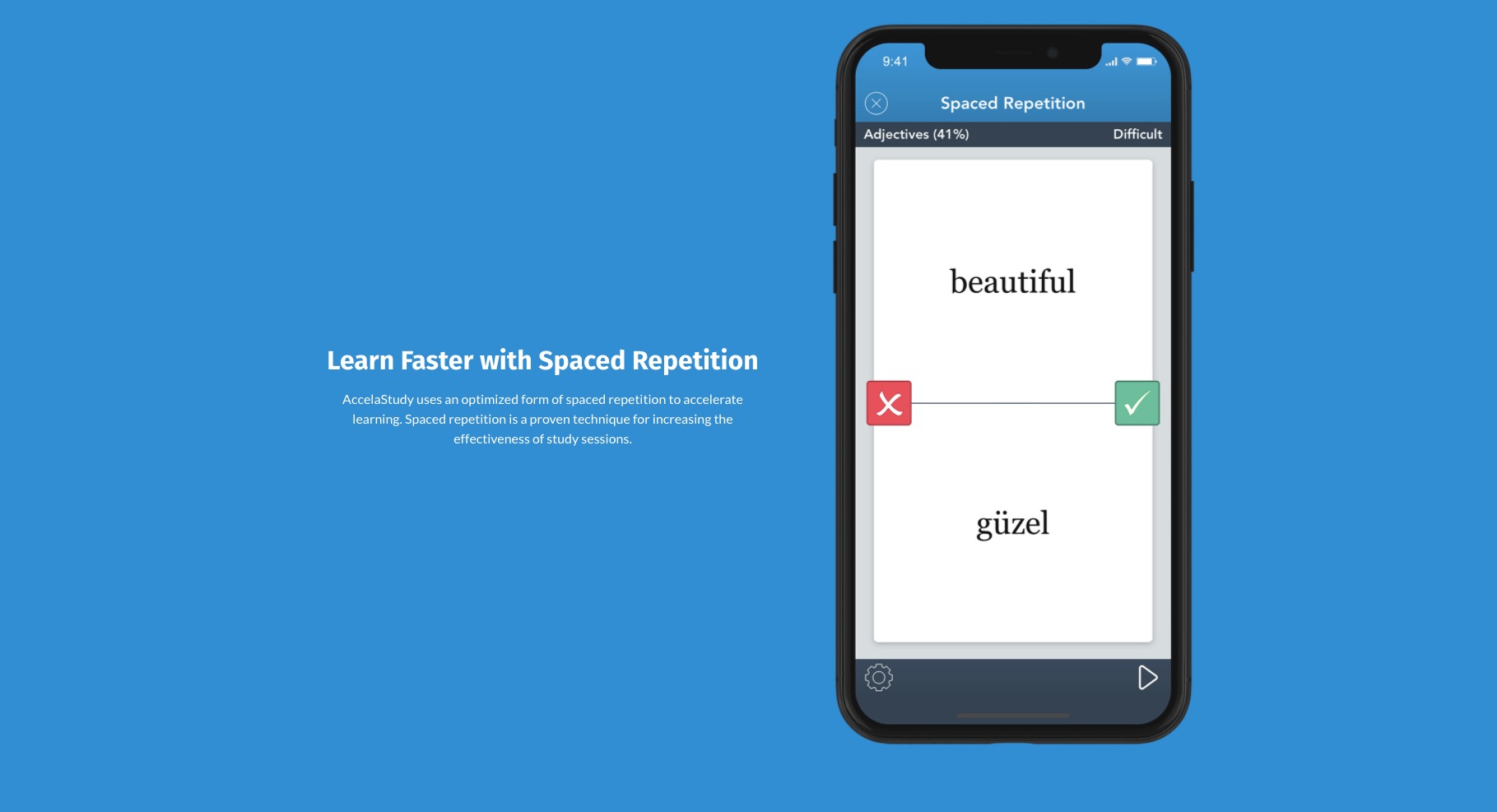31 Best Apps to Learn Japanese
Japanese has so many unique concepts like 青木まりこ現象 (Aoki Mariko genshō) (expression referring to a sudden urge to defecate that is felt upon entering bookstores), wabi sabi (a world view centered on the acceptance of transience and imperfection), or Hibakusha ( a term used to refer to those who survived the atomic bombings of hiroshima and nagasaki; literally translates as "explosion-affected people").
You can learn Japanese online on Mondly, Duolingo, Memrise, Busuu, Drops, Pimsleur, Rosetta Stone, LinguaLift, Triplingo, or FluentU.
Learn Japanese on Drops
Learn Japanese on FluentU
Learn Japanese on Language Reactor
After you install the extension and you visit Youtube or Netflix, it will ask you to choose your native language. Once you click on a video, it will show you: the subtitles in the origin language, and the subtitles in your native language. It will also add a side panel with the entire text of the video.
You can click on each word, and it will open up a dictionary. It will also pronounce this word for you. If you find that people in your destination language speak too quickly, this will definitely help you understand what they are saying.
Here is an image of what all of this looks like on Youtube for a video that's 100% in French:
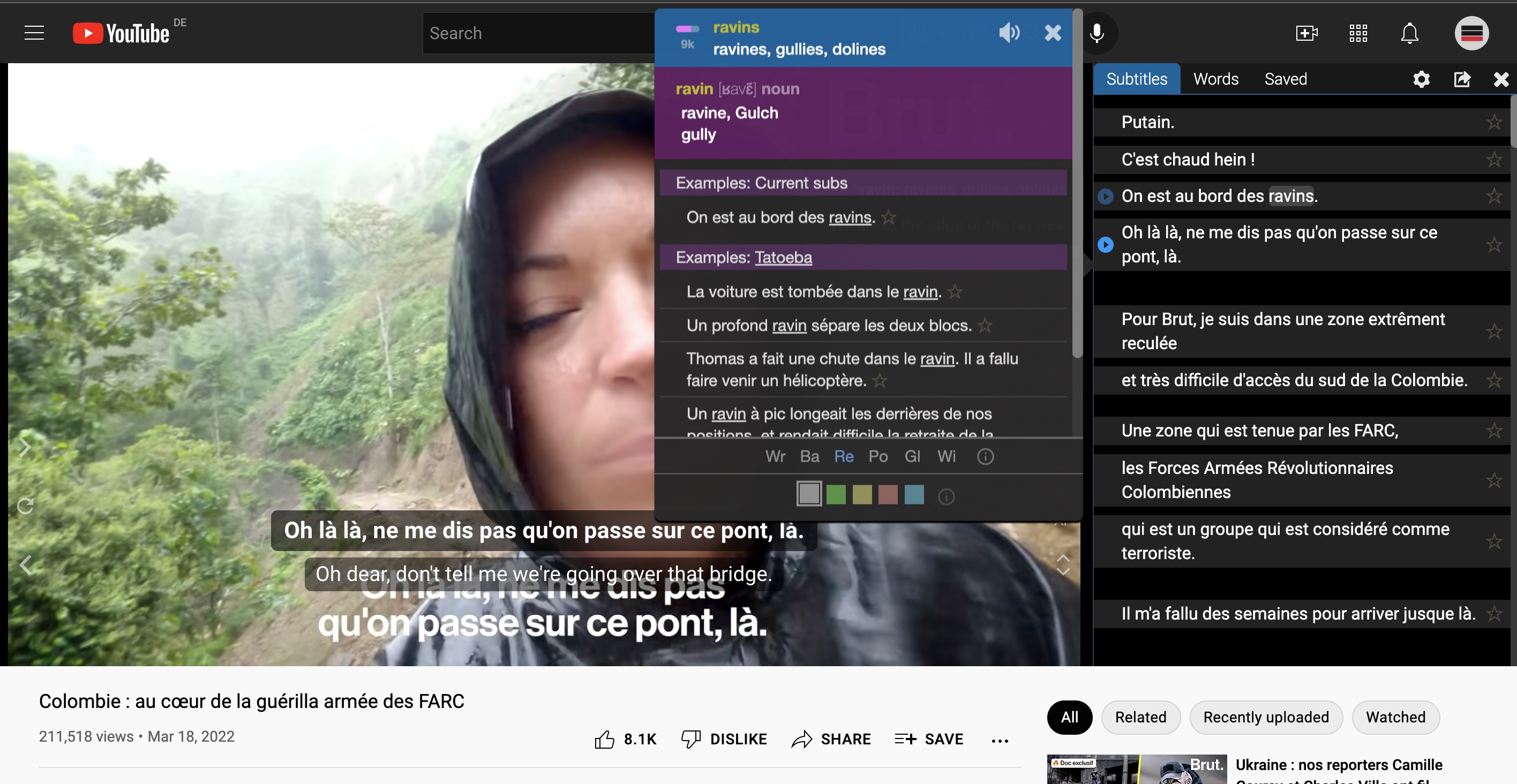
Overall, Language Reactor is an efficient and easy way to a language - it's also free, which means you will have nothing to lose giving it a try.
The only drawback of Language Reactor is that it might be more suited for intermediate or advanced learners. If you are an absolute beginner, you might want to spend a few months learning the basics of the language first.
Take the video above as an example. Learning what "ravin" or "reculée" mean has little to no use for someone who doesn't know what the basic sentence structure is, what the basic verbs are, or simply how to say "My name is...".
In conclusion, if you are looking to complement your learning, Language Reactor is a great tool. But if you are an absolute beginner, you might want to start somewhere else first.

